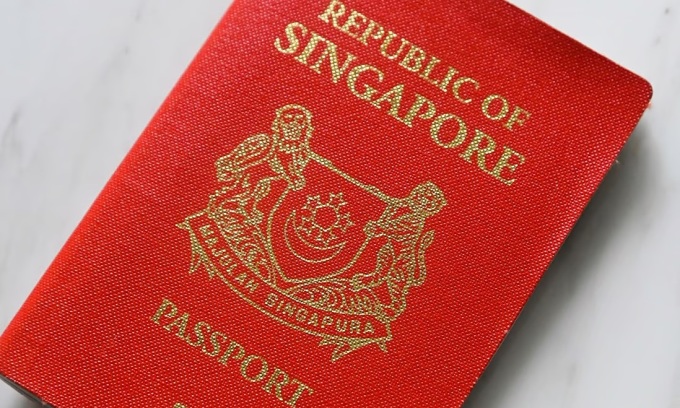Can disaster diplomacy after tragic earthquakes bridge political differences?
Tulin Daloglu, a journalist and foreign policy analyst, said that Türkiye should take lessons from this tragedy and try to move to a softer line in foreign policy towards some countries it has problems with.

Natural disasters usually work to unite people to put aside political differences, and it’s been the case for the deadly earthquakes that struck Türkiye and Syria.
The catastrophe may also have an impact on international relations. Countries at odds with Türkiye and Syria have rallied in solidarity with the two quake-hit countries, sending batches of aid and rescue teams.
However, it’s unclear whether this dynamic will continue when the disaster has passed or whether new understandings and bridges will be established, experts said.
Over 9,800 rescue personnel from 70 countries have rushed to southeastern Türkiye jolted on Feb. 6 by two powerful earthquakes that have killed 31,643 and wounded over 80,000, according to the latest official toll announced on Monday.
This is the worst natural disaster that Türkiye has witnessed. An earthquake in eastern Türkiye in 1939 killed 30,000.
Some countries stick out on the long list more than others, such as Greece, Armenia and Cyprus, despite having had difficult or tense relations with Ankara over decades.
However, all of these old rivals have set aside their animosity and given helping hands at a time of disaster.
“Natural disasters are indeed brief moments of conciliation in bilateral disputes. In the case of Türkiye and Greece they are both earthquake-prone countries and have come to the aid of one another many times, allowing for reconciliation,” Batu Coskun, an independent political risk analyst, told Xinhua.
“Usually when the crisis subsides, bilateral tensions reassert themselves, though with less severity,” he pointed out.
Earthquakes that struck both Türkiye and Greece in 1999 gave rise to “earthquake diplomacy” and improved previously tense ties between the two nations. Before tensions reemerged, the post-quake mood persisted for a few years.
Ankara and Athens have decades-old feuds and have repeatedly come to the brink of war. Greek Foreign Minister Nikos Dendias arrived on Sunday for a visit to Türkiye’s disaster-struck Adana province, where he was warmly greeted by his Turkish counterpart Mevlut Cavusoglu who praised Greek relief efforts.
“We do not need to wait for natural disasters to improve our relations,” Dendias was quoted as saying by the local press.
Türkiye has not had diplomatic or commercial ties with Armenia since the 1990s. The two countries also reconnected for the first time in decades in the wake of the earthquakes.
A border gate between the two countries has been opened for the first time in more than three decades to allow aid for victims of the devastating earthquakes in southern Türkiye, according to the semi-official Anadolu Agency.
“The land border with Armenia being opened is a significant milestone. Likely, this event will become a major motivator for both countries to normalize relations and exchange ambassadors,” Coskun said.
He added that in the post-crisis period when foreign policy again becomes a priority for the government after disaster relief, “we will see the impact of this.”
Israel has also sent aid to Türkiye. The two countries have improved their relations recently after over a decade of discord.
Tulin Daloglu, a journalist and foreign policy analyst, said that Türkiye should take lessons from this tragedy and try to move to a softer line in foreign policy towards some countries it has problems with.
She specifically mentioned Sweden, whose NATO membership bid has met with objections from Ankara over security issues.
“Yet, Sweden immediately rushed to assist Türkiye in the aftermath of the disaster”, Daloglu said, adding that such an event can change the way a country is seen by the public opinion of the host country.







